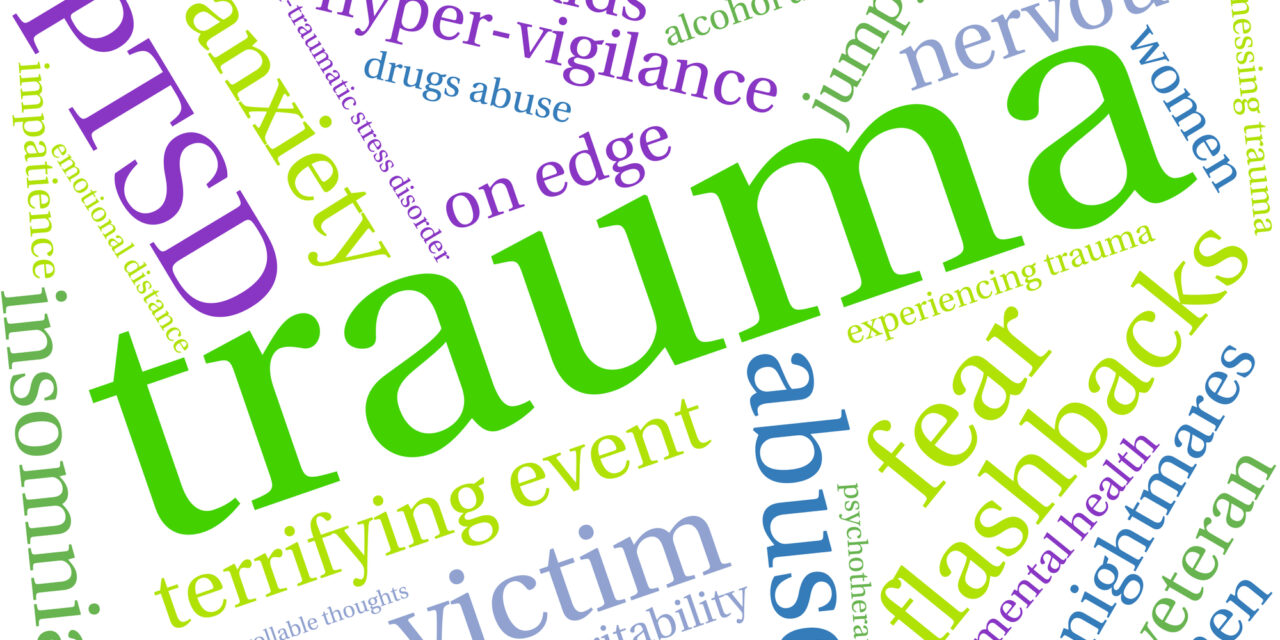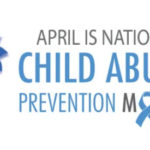By Amy Beth Taublieb, PhD
The following article is the first in a series of examining common and not-so-common mental health disorders. If you would like Dr. Taublieb to focus on a particular psychological disorder, contact us at info@buffalohealthyliving.com.
There is no better time than November to focus on Post-Traumatic Stress Disorder (PTSD), as it is a condition that many veterans suffer from. However, anyone can suffer from PTSD as a psychological reaction to a previously experienced traumatic experience. While PTSD can occur anytime following a traumatic event, it is typically diagnosed sometime after one year following the actual event.
- What are some common symptoms of PTSD?
Symptoms of PTSD are usually psychological/psychiatric in nature. They can include vivid dreams of the traumatic event, flashbacks or other intrusive thoughts of the traumatic event, irritability, hypervigilance (being excessively aware of or alert to one’s surroundings), insomnia, excessive guilt, difficulty with concentration, depressive symptoms seemingly of unknown origin, and/or anxiety symptoms, such as panic attacks, excessive worry and/or avoidance of certain situations. Some individuals suffering from PTSD experience symptoms that affect their physical health. - What can cause PTSD?
As noted above, PTSD was originally associated with symptoms experienced by military personnel returning from combat. However, PTSD can occur as a result of any traumatic experience. Witnessing or experiencing physical violence, loss/death, or sexual abuse are major sources of PTSD symptoms. However, any experience that causes a person to become intensely upset can result in PTSD symptoms. - How is PTSD treated?
In most cases, PTSD is treated with psychotherapeutic interventions by a mental health clinician. Typically, Selective Serotonin Reuptake Inhibitors (SSIs) are prescribed for a brief period of time to get symptoms under control. - How do I know if I have PTSD?
If you have experienced some form of trauma and are experiencing any of the symptoms outlined in paragraph 1, getting evaluated for PTSD can help significantly. Rather than researching your symptoms on Google or responding to a questionnaire, it is important to consult a clinical professional with expertise in this disorder. This will ensure that subtle diagnostic indicators are not missed, symptoms are not misinterpreted, and that an accurate diagnosis is made so that you receive the right treatment.
Dr AmyBeth Taublieb is a Licensed Clinical Psychologist, author, media personality, and public speaker. She maintains a private practice in Western New York providing psychotherapy and assessments for individuals, couples and families. Contact Dr. Taublieb at 716-834-1505 for visit her website at www.dramybeth.com for an appointment.












